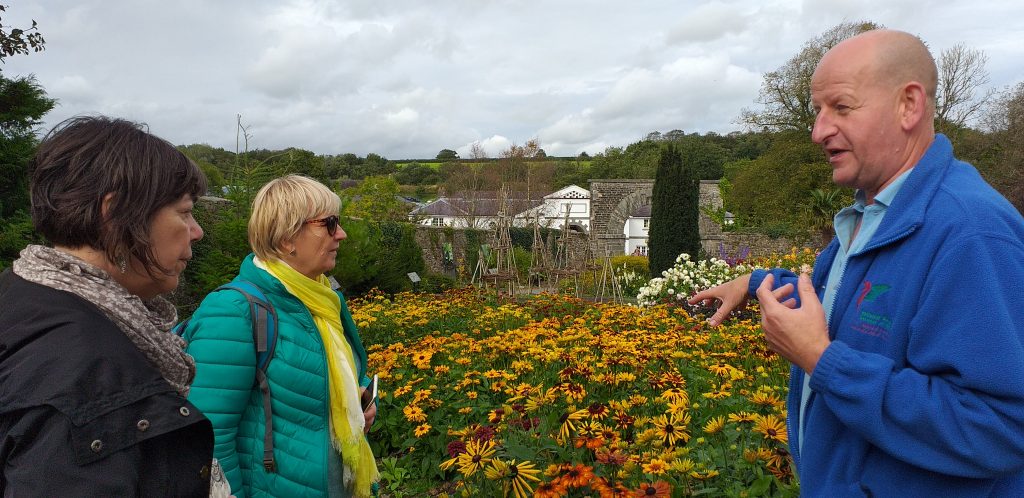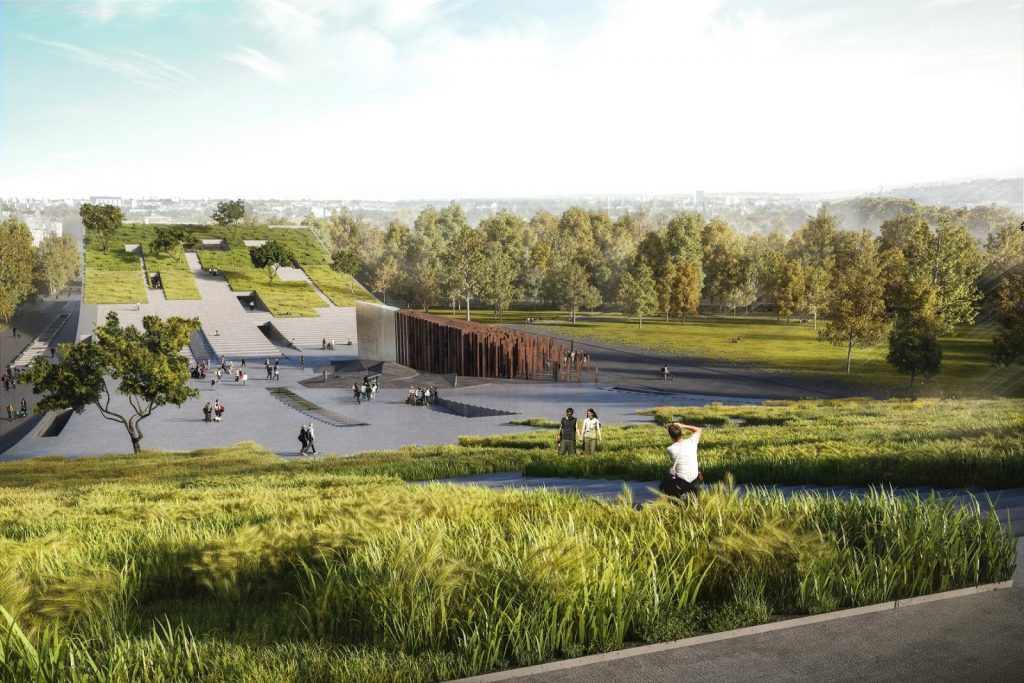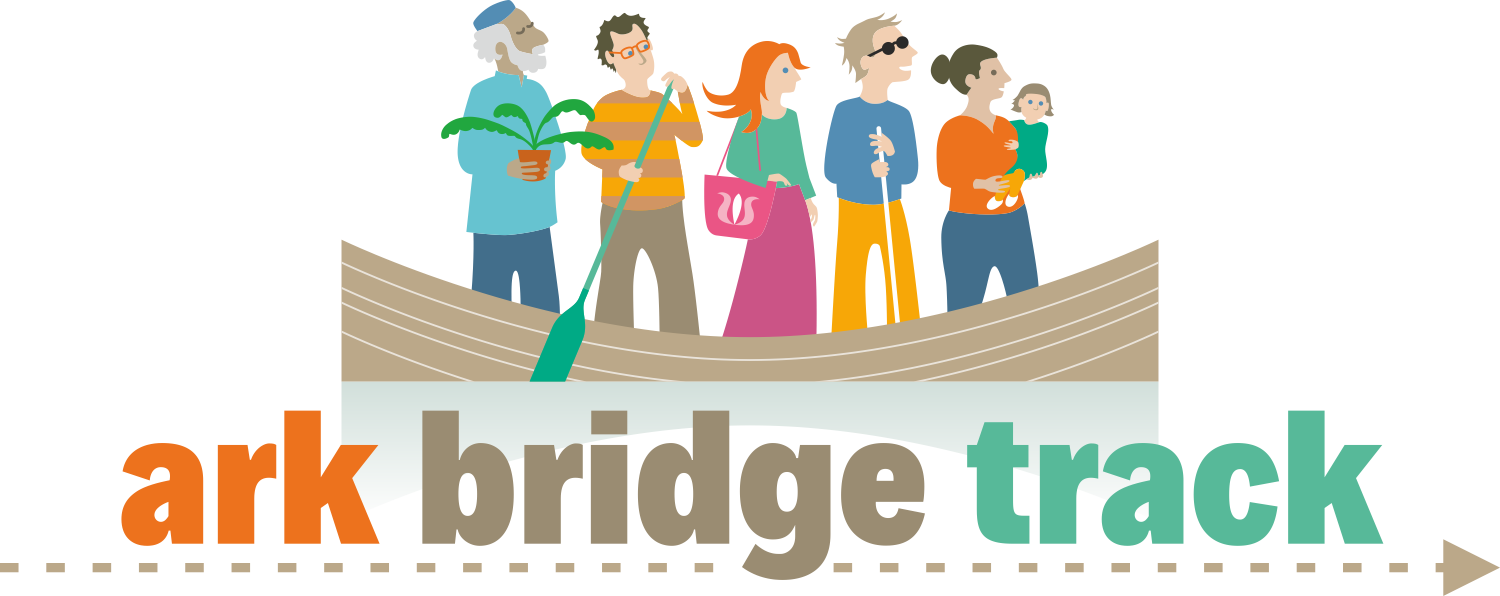
Proposal For the Use of the Green Area to Be Installed on the Roof of the New Building of the Museum of Ethnography
Erika Koltay / Biologist – Ethnographer – Museum Educator
Why the need for complex use of the green area to be installed on the museum roof?
“In recent times, botanical gardens have become important sites for adult education, whether the goal be learning of an informal, non-formal, or formal nature. Moreover, the adult learning activities of museums and botanical gardens have numerous developmental aspects in common. Both typically tend to stress the importance of sustainable development and environmental awareness; to experience the spread of inter- and multi-disciplinary approaches; to take into account the needs and interests of adult learners; and to recognise the importance of creative programmes that aid the individual in realising potential. The success of adult programmes at botanical gardens in the United States demonstrates that, by taking into account the needs and learning traits of adult learners, a range of adult education programmes can be developed that put active learning in the focus, an achievement with the potential of making the botanical garden a prominent and successful setting for lifelong learning.” (Zsuzsa Koltai) This quote cites U.S. examples of botanical garden education that illustrate both its value, and its necessity. Naturally, successful examples can be found in Europe, as well: among our own personal experiences, the freshest come from the National Botanic Garden of Wales and Bute Park in Cardiff. With regard to the grounds and programmes of the Museum of Ethnography, however, we hope, by way of this proposal, to implement a set of special, formative museum education practices that are tightly linked to the institution’s own public collection.
Full document.

